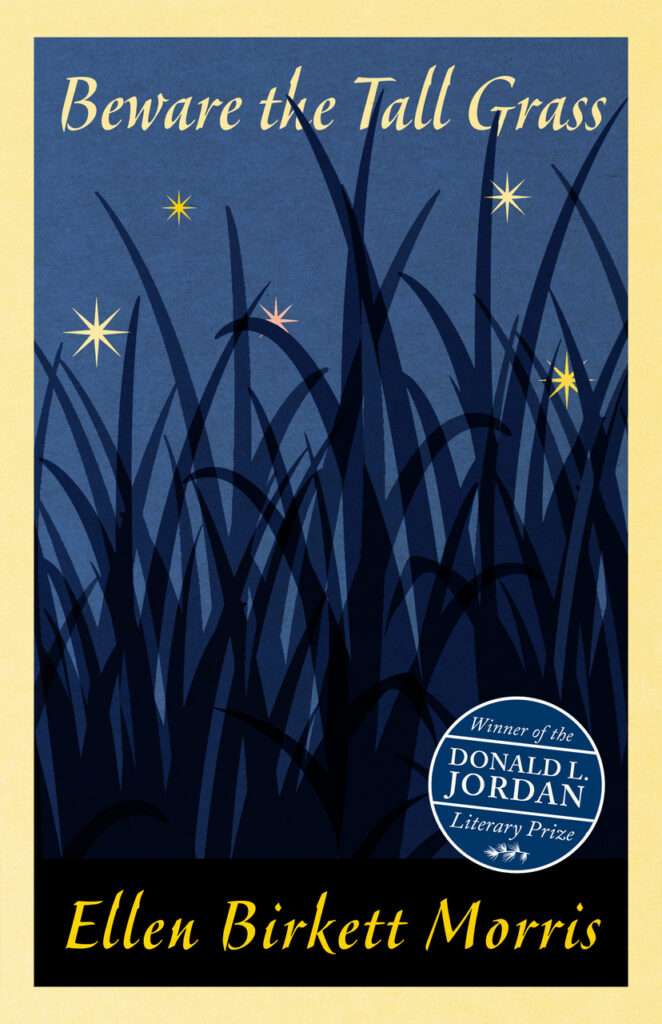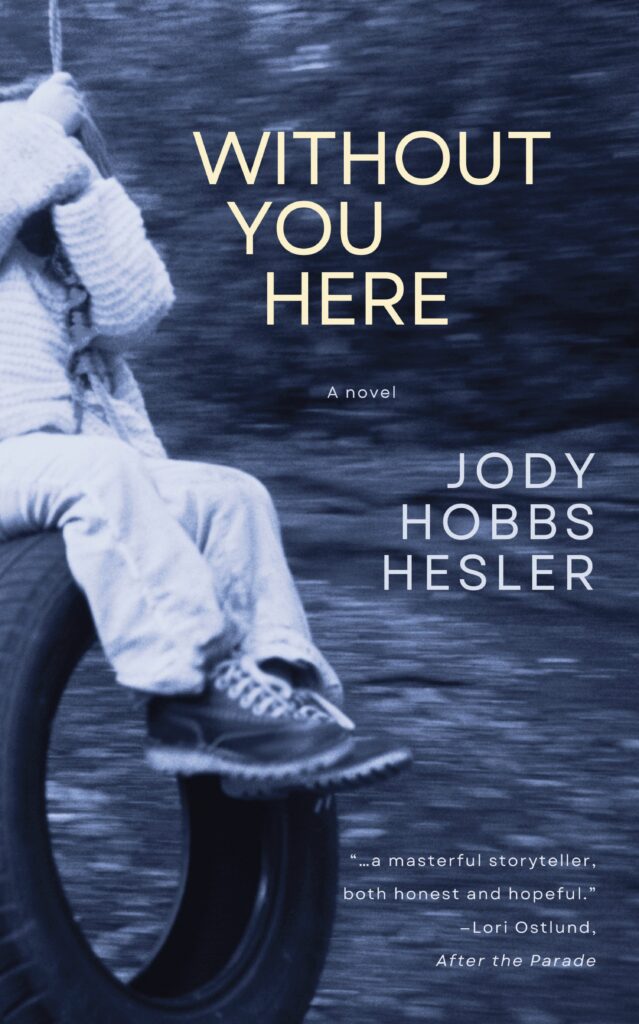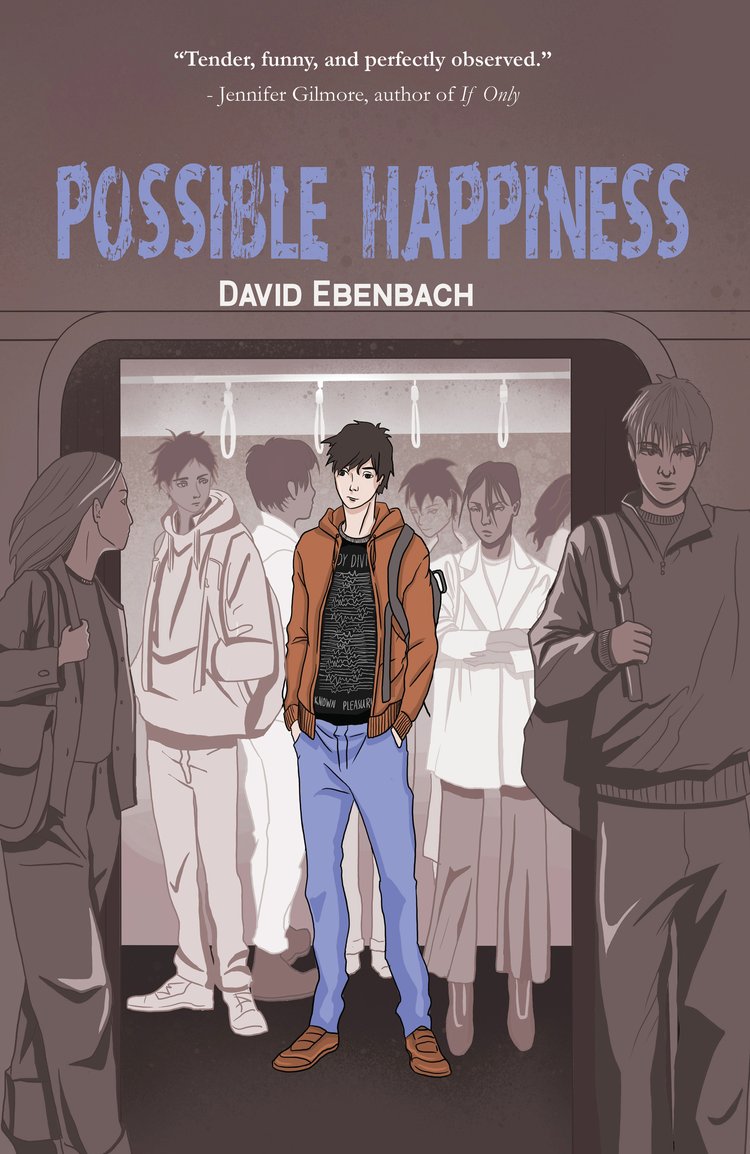Reprinted with permission from www.workinprogressinprogress.com

Give us your elevator pitch: what’s your book about in 2-3 sentences?
The Mary Years is a nonfiction novella that chronicles one young woman’s quarter-century love affair with The Mary Tyler Moore Show. Part bildungsroman and part televisual ekphrasis, this is the story of Mary Richards re-seen through the eyes of Julie Marie Wade.
Which essay did you most enjoy writing? Why? And which essay gave you the most trouble, and why?
My students tell me about writing fan fiction, how satisfying it is for them to take characters that exist in books and films and video games and create additional stories, even alternative stories, for their lives. Mistakenly, for years, I’ve thought I didn’t know anything at all about fan fiction, but the truth is, The Mary Years is a work of fan nonfiction, and I think I felt compelled to write it for similar reasons to those that inspire fan fiction: I wanted to explore how a fictional character (many, actually—a cast of fictional characters) can have as much influence over our lives as the real people who live and breathe alongside us.
Maybe we all live between real and fictional realms anyway, so this memoir, arranged in chapters that were individually published as “essays in episodes,” is my attempt at showing the ongoing straddle between my personal history and the television show that has been a touchstone for it since The Mary Tyler Moore Show first premiered on Nick at Nite in 1992. I’m not sure if the writing of this collection exemplifies any kind of courage, but I knew I had to write the book after Mary Tyler Moore, the real person who embodied the fictional character who deeply informed my real coming-of-age, passed away in early 2017. The Mary Years is nothing if not an elegy to her and for her as well.
I loved writing each essay in episodes, considering my own childhood in an insular Seattle suburb called Fauntlee Hills as an analog to Mary Richards’s Roseburg, the fictional Minnesota town where the character was from (“Fauntlee Hills Was My Roseburg: An Essay in Episodes, Prairie Schooner, 2020); exploring my first residence as an autonomous adult in Pittsburgh, the early years of wondering whether my partner Angie and I would “make it after all” in a place neither of us had ever visited before moving across the country together and starting a new life there (“Pittsburgh Was My Minneapolis: An Essay in Episodes, Tupelo Quarterly, 2018); and of course these more recent years in Miami, my life as a professor and mentor, taking on a kind of work where I might become a role model for others in the way Mary—both the person and the character—became a role model for me (“Miami is My Tipperary: An Essay in Episodes,” The Normal School, 2020). Let’s hope!
I might have had the most conspicuous fun writing “Lamonts Might Be My WJM” (Grist: A Journal of the Literary Arts, 2019) which explored my first real job—the one that wasn’t babysitting or teaching piano lessons or walking neighbors’ dogs—the first job where I earned a proper paycheck on a grainy blue background with those little perforated tabs you have to tear along the sides. The Mary Tyler Moore Show kindled in me a desire not only to work as part of a professional team but a desire for the friendships and camaraderie that might be forged because of working together. At seventeen, just before graduating from high school, I was hired by the (sadly now-defunct) department store Lamonts as a sales associate. Even the title sounded fancy to me! And I started meeting all these people—mostly middle-aged and older women—who had so much life experience in addition to their decades of retail experience, and most of whom were more than willing to share that experience with me. I wanted to bring my initiation into that workplace—but also into that new realm of womanhood—onto the page. I still think so often about my colleagues at Lamonts, who were really mentors, and all that I learned from them. They didn’t seem like Mary Richards, not one of them, but they shaped my life in significant ways, too. And when I finally left that job and moved onto a commissioned position selling shoes for JCPenney, I remember one of my mentors hugged me good-bye in the break room and said, knowing my deep love of The Mary Tyler Moore Show (everyone knew about that!), “We’re going to miss you, our sweet Mary girl.”
Probably the hardest part of this book to write was near the end of the essay-chapter “Miami Is My Tipperary,” the night I learned Mary Tyler Moore had died. I was teaching when it happened, which seemed fitting—I was doing the thing I love most—and my phone was filling up with voicemails and texts offering condolences from people across my life. But I didn’t see these messages until hours later. Usually, as a writer with strong commitments to memoir, I’m writing at a distance from my memories, not trying to document events so close to when they actually happened. As I was writing that part of the essay, splicing the messages I hadn’t seen yet with what we were talking about in class—ekphrasis, of all things—writing in response to various kinds of art, including television—I realized I was crying. Tears were pouring down my face as I typed. It may be the first time I have ever experienced such an immediate and intense catharsis while shaping memory into scene on the page.
Tell us a bit about the highs and lows of your book’s road to publication.
I’m actually astonished—and so grateful, beyond grateful—that Michael Martone chose this book for the Clay Reynolds Novella Prize in 2023. I don’t remember offhand how many times I circulated the book to various possible publishers—mostly memoir and nonfiction book prizes—or even what possessed me to send The Mary Years to a novella prize. It’s about 40,000 words, so it qualifies as a novella length-wise, but I wasn’t sure if novellas were restricted implicitly to fictional works. Then again, Mary Richards is a fictional character, and WJM is a fictional workplace, so certainly this is a nonfiction work that interacts in a sustained way with fiction—just the fiction of someone else’s creation!
I was astonished every time one of the individual essay-chapters found a home in a literary journal (and ultimately, they all did), but I wasn’t sure if the idiosyncratic nature of my project would set it apart from other manuscripts in an enticing way or a limiting way. As writers, we never really know, do we?
I circulated this book as a book for far less time than many of my other collections, and I’m used to waiting a long time for a project to find the right home. So I think it was all highs really, the biggest high being the fact that I wrote it, the homage I needed to write, and in the process, I discovered so much about my own history that I would never have learned without my eye poised to the lens of the MTM kaleidoscope.
Sometimes people ask memoirists, or those who work broadly in the self-referential arts, how we don’t “run out” of material. I think it’s not about the quantity of material at all but about finding new ways of looking at our lives and considering all the lenses we have available to facilitate that looking.
An ekphrastic lens is so exciting and revelatory to me that I’m actually building a multi-genre graduate seminar around this expansive concept. In “The New Ekphrasis,” I want to consider with my students some recent innovative works of contemporary ekphrasis including—but not limited to!—Ander Monson’s Predator: a Memoir, a Movie, an Obsession, Hilary Plum’s Hole Studies (literary ekphrasis), Patricia Smith’s Unshuttered, Hanif Abdurraqib’s They Can’t Kill Us Till They Kill Us (aural ekphrasis), Sibbie O’Sullivan’s My Private Lennon: Explorations from a Fan Who Never Screamed.
What’s your favorite piece of writing advice?
I’m not sure it was intended specifically as writing advice—maybe as life and writing advice—but when I was graduating from college and preparing to head to my first graduate program, one of the great mentors of my life, Tom Campbell, said this: “Let nothing be wasted on you.” Tom was my undergraduate English professor and advisor, an exemplary teacher who I still channel in my own classrooms.
I take his words to mean, simply put, use everything; learn from everything; value everything. If you love a particular television show, write about it. If you have a strange or surprising hobby you think no one would else appreciate, write about it. Whatever is important to you in your life can be shaped for a reading audience. Your reader will care if you care enough and are artful enough in translating your own experience to the page.
And in another sense, don’t let rejections and disappointments (which every person and every artist experience) stop you from pursuing what you love. I am thousands of rejections deep in my 21 years of submitting work for publication. I have lost far more contests than I have won or could ever hope to win—as is inevitable—but I work hard to learn from those rejections, to let them spur me forward rather than hold me back.
My favorite writing advice is “write until something surprises you.” What surprised you in the writing of this book?
Oh, that’s wonderful advice! I’m always surprised when writing. I look forward to being surprised. In The Mary Years, I was surprised by the small things I discovered through sustained attention. For instance, I discovered that WJM, the newsroom where Mary Richards works for all seven seasons on the show, mirrors my own name’s initials, each time I am asked to print my last name first, followed by first and middle. Also, after all those years watching The Mary Tyler Moore Show and reading biographies (and autobiographies!) about her life, I had realized the framed picture on Mary Richards’s table, the one just outside her balcony doors, was a picture of her real-life son, Richie Meeker, but it did not dawn on me until writing this book that her character’s last name Richards was most likely an homage to her son, whose given name was Richard.
How did you find the title of your book?
My book’s title—The Mary Years—comes from an idiosyncratic reference that I have used since I first became a devotee of the series as a twelve-year-old. On The Mary Tyler Moore Show, we meet Mary Richards when the character is 30 years old, and the series ends, seven seasons later, when she is 37. So all those years as I was moving through my adolescence and then through my 20s, I was anticipating my own “Mary years,” wondering what my 30s would be like—and how they would differ from Mary’s. I always talked about people, specifically women, in that age range as being “in their Mary years.”
Here’s a sweet story that also appears in the book: when I entered my own Mary years, I was a PhD student living with my long-time partner in Louisville, Kentucky, and some of our friends from my academic program conspired with Angie to surprise me with a Mary-themed birthday party. Our friend Carol hosted, and she served Brandy Alexanders as the signature cocktail—which all you MTM fans will recall is the drink Mary asks for on her job interview with Lou Grant when he insists she have a drink with him. Our friend Elijah listened to the Mary Tyler Moore theme song “Love is All Around” so many times that he learned the song by heart and then brought his band to Carol’s house to play that song as I walked through the door.
Then, when I reached the end of my own Mary years, Mary Tyler Moore passed away, and I knew it was time to write—from the other side of that milestone era—what my own journey toward and through “the Mary years” had meant to me.
*****
READ MORE ABOUT THIS AUTHOR: www.juliemariewade.com
READ MORE ABOUT THIS PUBLISHER: https://texasreviewpress.org/submissions/
ORDER THIS BOOK FOR YOUR OWN TBR STACK: https://www.tamupress.com/book/9781680033885/the-mary-years/
READ A SELECTION FROM THIS BOOK, “PITTSBURGH WAS MY MINNEAPOLIS: An Essay in Episodes”: https://www.tupeloquarterly.com/prose/pittsburgh-was-my-minneapolis-an-essay-in-episodes-by-julie-marie-wade/






